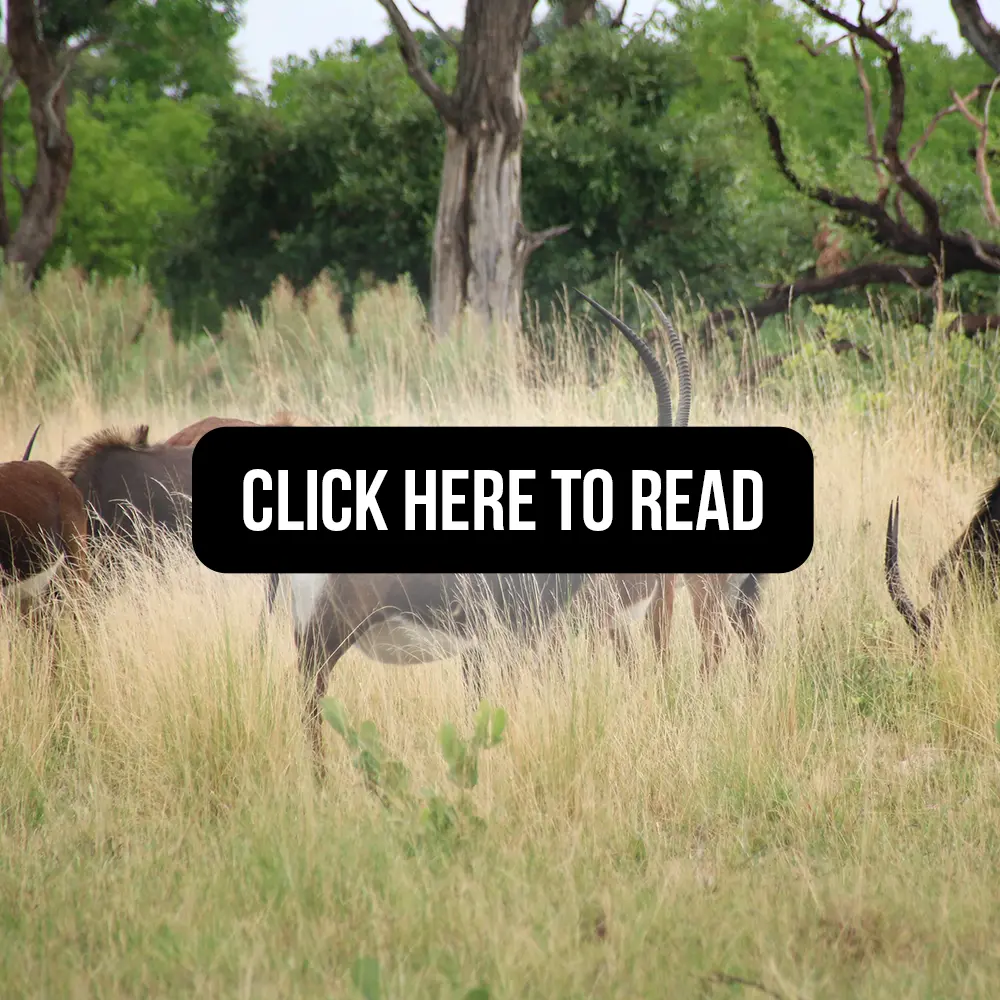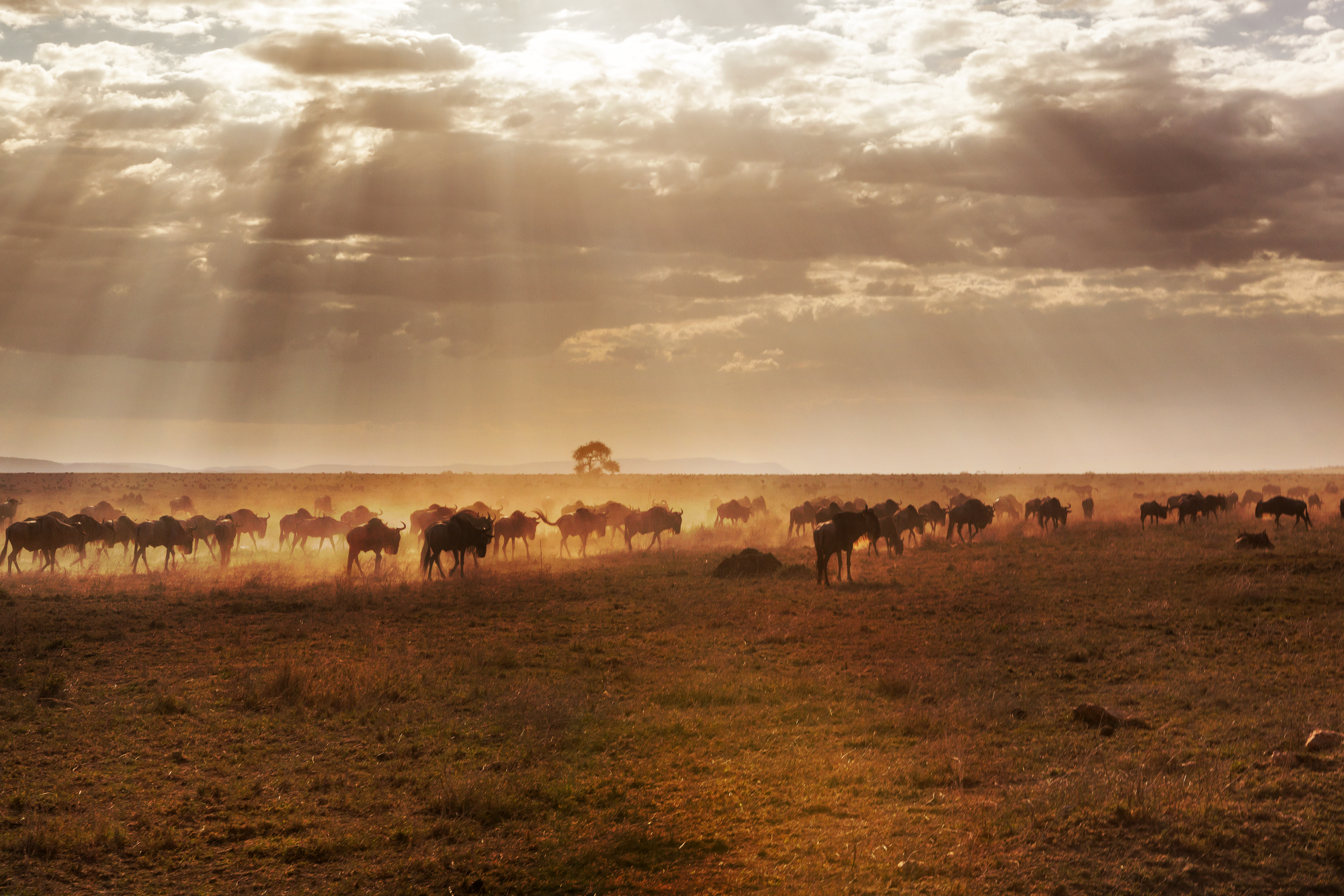Trophy hunting in Africa reflects enduring colonial power dynamics, where foreign interests often control wildlife resources. Though framed as a conservation tool, it frequently functions as “green extractivism”—exploiting wildlife for the benefit of outsiders while offering limited gains to local communities.
Programs like Namibia’s CBNRM can reinforce inequality and economic dependence, with profits and control often remaining external. The dominant narrative marginalizes critiques by labeling them anti-conservation, preserving a status quo that benefits elites.
Sustainable conservation must move beyond these models by prioritizing local empowerment, equitable resource distribution, and ecological resilience. Without transparency and true community leadership, current approaches risk perpetuating injustice under the guise of conservation.

